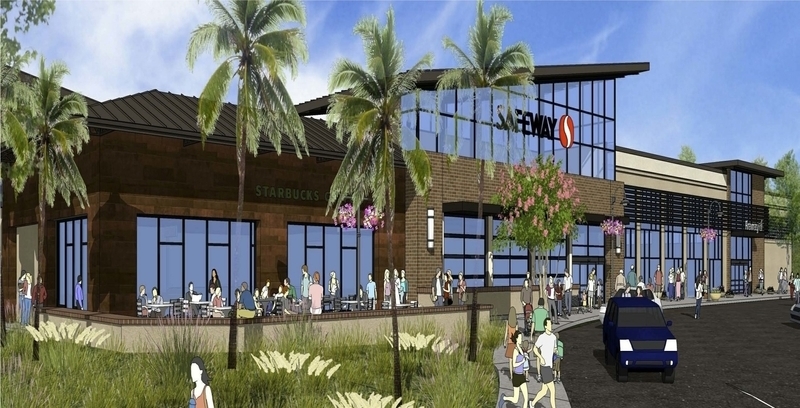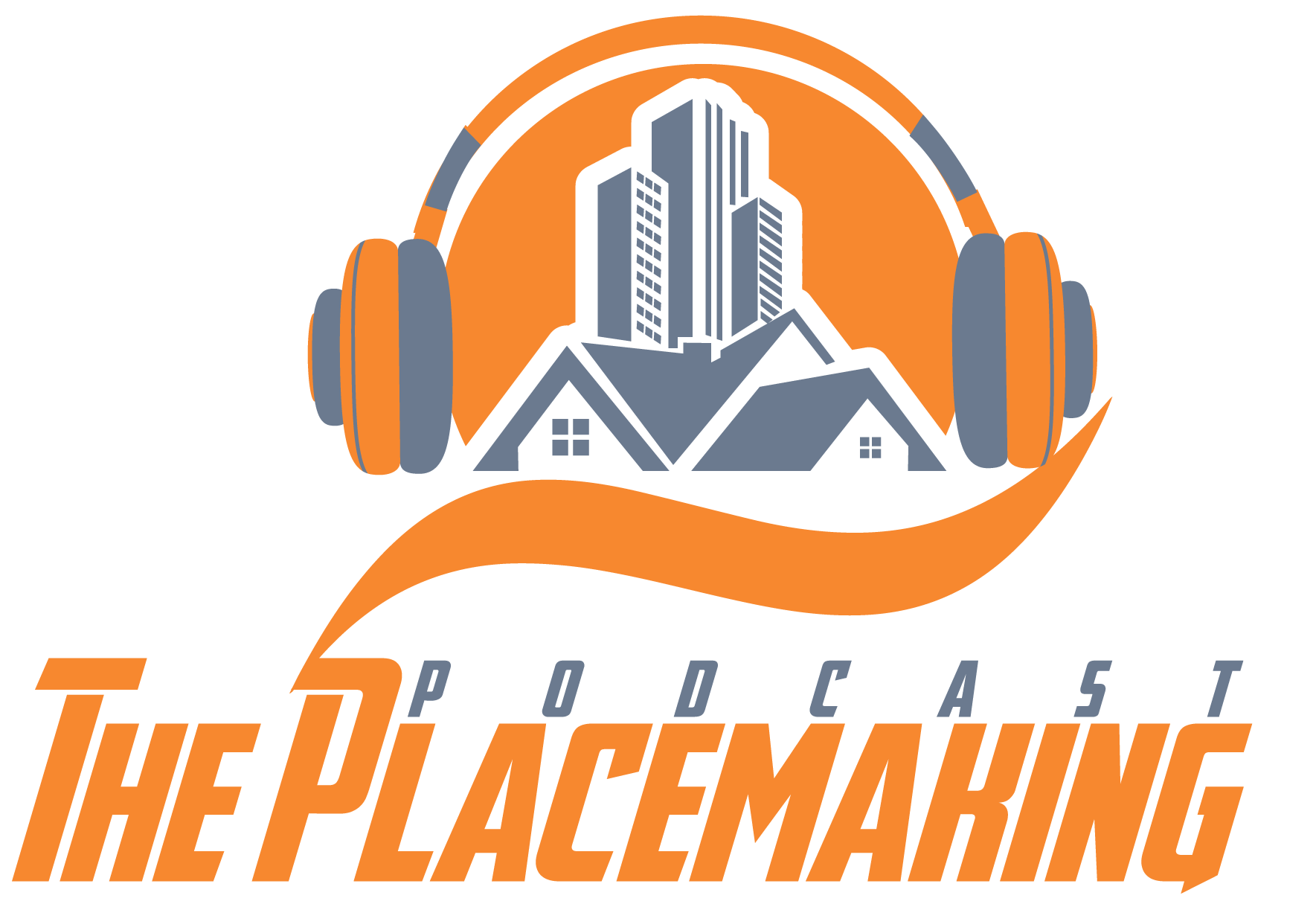- placemakingpodcast@gmail.com
Making it in Real Estate from a Lawyer turned Developer with John McNellis – Ep. 37
About the Guest
I am thrilled to share this next conversation with all of you. John is a co-founder of McNellis Partners located in Northern California. A graduate of the University of California at Berkeley and Hastings College of The Law, John practiced law until he co-founded McNellis Partners, a Northern California shopping center development firm, in 1982. John frequently lectures on the topic of real estate development and has currently written two books on the subject as well. These books are linked in the description below.
McNellis Partners has been building—one project at a time—a reputation for fairness and thoughtful development. They take on a limited number of new projects, focusing their energy and enthusiasm primarily on building and redeveloping shopping centers, mixed-use projects, and office buildings. From the simply outdated to the outright neglected, these properties often occupy a significant place in their communities, and they take pride in renewing their productivity and importance.
In this episode, we are going to discuss why some people fail to take the first step into real estate development, the common reasons some people don’t succeed in commercial real estate, as well as busting some of the biggest myths in CRE as a whole. There is loads of great information in this episode and I greatly appreciated John for taking the time out of his busy schedule to discuss this topic of starting out in real estate development.
As always, if you have enjoyed the show, please subscribe to the show and share with your friends. There will be more exciting conversations on the shows to come.
Main Take-Away’s From This Show
This episode was so much fun to record. John is very open and candid when discussing his experience in commercial real estate as well as his observations of the industry as a whole. With over 30 years of experience under his belt, he has no shortage of great wisdom to share with those starting out in the business as well as veterans alike. He shares much of this wisdom in the books he has written as well as his frequent speaking appearances at ULI conferences. There were several great talking points that John shared throughout the discussion, so it is hard to just pick three for my main take-away’s this week. The following main topics of the show come from a deep understanding in the real estate development process that John possesses.
- You don’t need to be a brilliant marketer to raise money if you have a good deal.
- Commercial real estate is not a passive investment.
- All you have is time. The goal is to get the most return on your time.
As always, I will dig into each of these “take-away’s” every week on the blog. So, without further a due, here we go!

You don’t need to be a brilliant marketer to raise money if you have a good deal.
Being able to market your real estate deal, no matter the size is one of the most important traits that a developer needs to have in order to scale his or her business. Arguably this is the most important attribute you need to have when starting out as a real estate developer. Starting out when you have little money and very little experience can be tough, but a strong ability to market yourself as well as your deals can make your foray into real estate much more manageable.
As discussed in this episode though, it doesn’t take a degree in marketing to sell your deals if you can provide great deals to your investors, friends, and family. As Seth Godin stated, “when the product is right, you don’t have to be a great marketer.” When you believe you have a great deal, and you have numbers to back you up, it’s hard to find an argument not to invest in the deal (other than lack of capital of course…).
I believe at this juncture; we should also mention that this tenant goes along with integrity in a way. If you do not have a great deal and know you don’t have a great deal, then this will say a lot about your integrity to others. You should not try to coerce others into investing in a deal of yours if the numbers aren’t realistic. This is a recipe for disaster and will make it that much harder for your investors to trust you on your next deal you present. Suffice it to say, it is much easier for you to market a deal in which the numbers can be determined by simple arithmetic and there is a clear value proposition for your investors.
Commercial real estate is not a passive investment.
“I’d rather not deal with toilets and 3 AM calls from tenants.” Does this sound familiar? This is often why people give the excuse of not investing in residential real estate. Some investors shy away from residential properties in the hope that if they pursue another facet of real estate, they may have an easier ride. This is where the pursuit of “passive investment” comes from.
As John mentioned, it’s easy to get caught up in this thought and act on it, however, if you are an active investor or real estate developer, there is no such thing as a passive investment. Despite what the broker may tell you, there will always be some maintenance involved or dispute to attend to, even in commercial real estate. There is no free ride unfortunately and despite what your told, this is also true in commercial real estate.
This also brings up another point John mentioned about the proforma projections. How in most broker’s proformas, the income is steadily rising while the expenses are staying fairly uniform through the holding period. This is wishful thinking at best. In most cases, the expenses will also creep up as the building continues to depreciate. To think that the expenses will remain constant in your own projections is reckless at best. This was slightly getting off-topic, but I believe it stands to mention this thought in this section.
All you have is time. The goal is to get the most return on your time.

“Time is the most valuable thing a man can spend.” This phrase comes from Theophrastus, an ancient Greek philosopher that studied under Aristotle. Although this phrase was coined around 300 B.C. most likely, it is very much applicable in today’s day and time. The thought that our time is valuable and finite is not a new concept, but can sometimes be forgotten, especially in youth.
This is not a philosophy discussion, but a determination of value discussion. How much is your time worth is a question that you must answer before tackling your next deal or project. It is easy to see the return on investment that you hope to receive and picture yourself reaping the reward of your work without giving little thought to the effort that will be necessary to hit that ROI. It’s extremely important to understand what your effective hourly rate of return will be by essentially back calculating your expected return divided by your expected hourly effort to obtain it. This can be eye-opening and, in some cases, can prevent you from chasing the deal.
Another concept that John provided in his books and on this discussion was the “NTM”. This stands for “Net to Me”. Essentially it is the net profit you will receive after all the other investors get paid. This number will most likely be pretty small when you start out. It is important to understand what this value could mean for you and know this before getting into a deal. This will reduce your dismay if the value is not as large as you had hoped.
As you can see from the take-aways above, this podcast episode was full of amazing information on making it in real estate development and absolutely provides actionable steps you can take on your next real estate development project. As always, if you have enjoyed the content and the show, please subscribe to the show below and share with your friends! We’ll have many more great discussions on the shows to come.
To Learn More About John McNellis and McNellis Partners, Check out the Following Websites:
Recommended Reading Section
For more tips on starting out in Real Estate Development, check out Episode 20 with Demont Campbell to give you more perspective on starting out in real estate development.
P.S. We spend (a lot) of time, sweat, tears, and money creating each episode of The Placemaking Podcast. We do this without the support of sponsors as we want to keep the advertisements out of the picture and provide an add-free listening experience. YOUR support ensures we can keep delivering these discussions ad-free!
If you feel compelled to donate to the show (and receive some cool bonuses…) you can check out my Patron Page.
Podcast: Play in new window | Download (Duration: 47:37 — 25.4MB) | Embed
Subscribe: Apple Podcasts | Spotify | TuneIn | RSS | More





